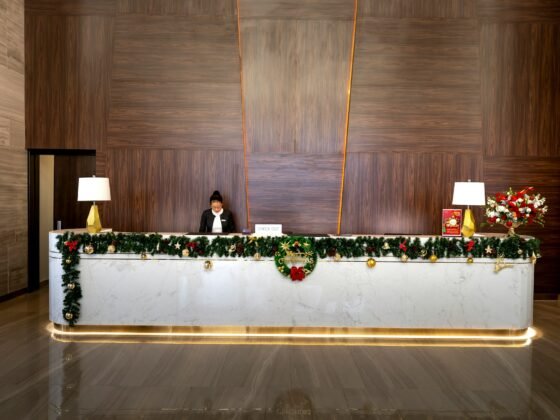This article delves into the vital role of paystubs in visa applications, providing insights, real-life examples, and tips on effectively using them to ensure a successful application process.
In the global age where the borders of the world seem ever porous and a great number of people travel abroad for leisure, work, or migration, obtaining the necessary travel documentation remains paramount. A visa, for many countries, stands as a golden ticket that permits a traveler entry. But, what many may not realize is that, in the realm of visa applications, paystubs can serve as an invaluable asset.
The Role of Paystubs in Visa Applications
In essence, a visa is a country’s approval for a foreigner to enter its boundaries for a specified purpose and duration. One of the primary concerns for visa-issuing authorities is the applicant’s financial stability. This is where paystubs come into the picture. Paystubs provide a detailed breakdown of an individual’s earnings. They highlight not just the gross pay but also deductions, overtime, bonuses, and other essential financial details. This documentation helps prove that the traveler can financially sustain themselves during their stay and won’t become a burden on the host nation.
Examples of When Paystubs Made a Difference
1. Tourist Visas: Jane, a digital marketer from the UK, planned a three-month tour of Southeast Asia. While applying for a visa to one of the countries, she was asked for proof of income. Her recent paystubs allowed her to quickly demonstrate her financial stability, ensuring her visa’s approval.
2. Work Visas: Carlos, a tech entrepreneur from Brazil, was seeking to expand his business to Singapore. To obtain a long-term work visa, he had to show proof of consistent income over the past six months and had to get his paystubs from his previous employer. His paystubs were instrumental in streamlining this process.
How Paystubs Build Credibility
Financial transparency is an essential aspect of building trust. By presenting clear, detailed, and timely paystubs, visa applicants communicate reliability to visa officers. This not only fast-tracks the application process but also reduces potential queries or delays. After all, a well-documented financial track record speaks volumes about an applicant’s sense of responsibility.
Historical Context of Income Verification in Visa Processes
Historically, many countries relied solely on personal interviews and letters of invitation to determine the financial credibility of a visa applicant. However, with the surge in international travel and the increasing number of applications, there was a need for a more tangible, standardized method of verifying financial capability. Enter paystubs. These documents provide an unbiased look at an applicant’s financial health, making the verification process more straightforward and efficient.
Tips for Using Paystubs in Your Visa Application
1. Ensure Up-to-Date Information: Always present the most recent paystubs. Visa officers prefer current financial data, typically from the last three to six months.
2. Original Documents are Key: While copies might be accepted, original paystubs are more credible and less likely to be viewed with suspicion.
3. Include a Letter from Employer: Alongside your paystubs, a letter from your employer confirming your employment status and salary can further strengthen your application.
Additional Information to Consider
– Some countries may require bank statements in addition to paystubs. It’s essential to check the specific visa guidelines of the nation you’re applying to.
– Freelancers or self-employed individuals might face challenges in presenting traditional paystubs. In such cases, income tax returns or business financial statements can be handy.
Common Mistakes to Avoid
1. Submitting Incomplete Paystubs: Ensure all your documents have the necessary details like the company name, date, gross pay, and deductions.
2. Overlooking Currency Differences: If your paystubs are in a different currency, consider including a note or a conversion to the currency of the country you’re applying to.
3. Not keeping backup copies: Always keep extra copies of your paystubs, just in case they get misplaced or if additional copies are requested.
Conclusion
The world of visa applications can often feel daunting, laden with paperwork and uncertainty. However, as the cases of Jane and Carlos illustrate, having the right documents, such as paystubs, can simplify the process considerably. Paystubs not only vouch for an individual’s financial standing but also paint a picture of their professional journey, making them an essential tool in the visa application toolkit.












